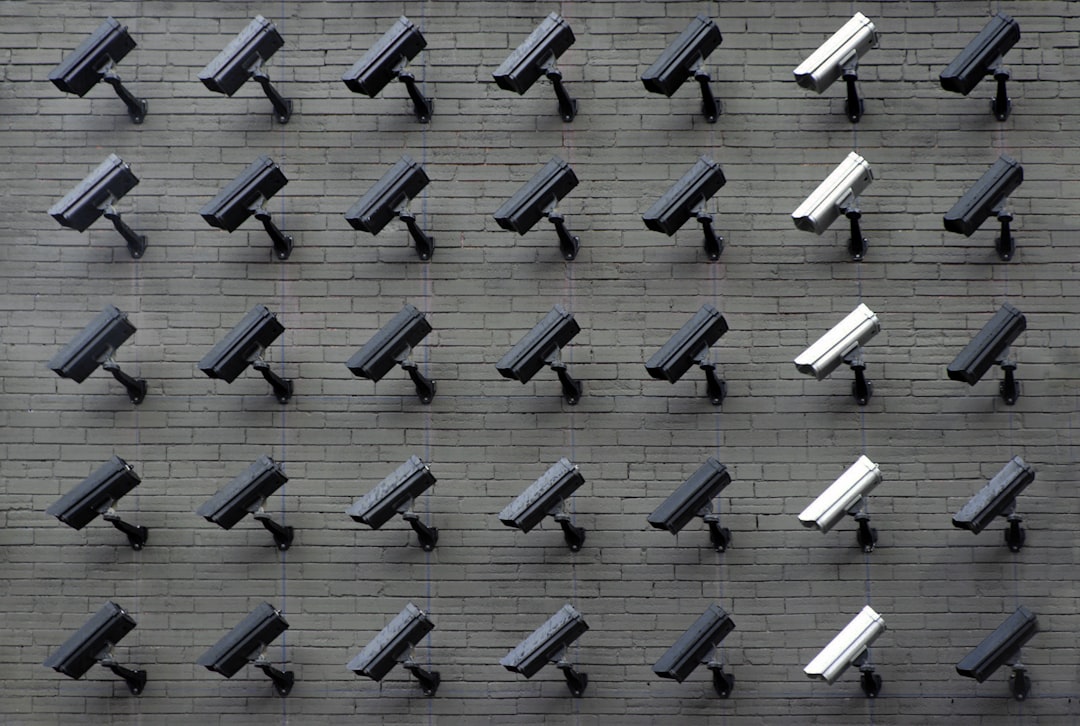Has the NSA Gone Too Far?

I realize that many of you reading this column believe that Edward Snowden is an American hero and that what the National Security Agency is doing to catch terrorists is not only a grotesque threat to our privacy but an obvious violation of the Constitution of the United States of America.
You may be right. And an independent board looking into what the NSA is doing has just agreed with you, saying collecting information about hundreds of millions of Americans is illegal and that the data should be “purged.” President Obama chimed in by first defending what the NSA does and then saying some non-government agency should be in charge of collecting data designed to thwart terrorism. He then threw the matter over to Congress to decide just what that non-governmental entity should be.
And the U.S. Supreme Court someday may also agree with you. But right now, I don't.
Am I a big fan of the federal government tracking so many of our phone calls and emails? No. But am I more concerned about terrorism than some hypothetical threat to my privacy? Well, yes.
Dan Henninger has a column about all of this in the Wall Street Journal: “Watching too many Hollywood movies like ‘Enemy of the State’ isn't the healthiest way to think straight about U.S. security. The NSA has not been a rogue intel operation run out of someone's back pocket. The NSA surveillance program operates under a federal law debated in public and passed by Congress in 1978, then revised by a vote in 2001.”
I understand that this won’t satisfy many on both sides of the political line, conservatives and liberals who, to put it simply, don’t trust government, big or otherwise. But many of these people – and that includes many of you reading this – dwell on what Henninger calls, “the right and left edges of U.S. politics” -- and for you the threat coming from terrorists comes in second to the threat of Big Brother taking over our lives.
Maybe those who believe the way I do are naïve. I’ll grant you that possibility. Government is capable of many bad things – especially the government we have at the moment. But maybe the other side – the side that believes the president and his government goons are out to get all of us, the way the IRS was out to get conservatives – maybe that side is a tad paranoid about these things.
I realize that most of you reading this play right field (some of you play deep right field), so let me throw a bone from Henninger’s column, a piece of wisdom that targets the usual suspects on the left. “For liberals, disbelievers in evil, no threat is ever as bad as conservatives say it is, whether Churchill warning about Hitler in the 1930s, Reagan about the need for missile defenses, or U.S. street crime. When Rudolph Giuliani sought to bring New York's crime wave under control, the left called him Rudolph Mussolini, and they meant it.”
But even though conservatives are usually more realistic than liberals about the nature of evil, and while the two sides agree on just about nothing, on this NSA matter, elements on the hard right and the hard left are ideological soul mates, proof that politics really do make strange bedfellows.
As I said at the top, those of you who believe the NSA has gone way too far and pose a threat to democracy may be right. Just because you’re paranoid – and I’m not saying you are, just that you give that impression at times --doesn’t mean they’re not out to get you.
But we have police in cars patrolling our neighborhoods, looking us over, and if we appear suspicious – to them! – they might even stop us to ask a few questions. They have guns and badges and we don’t. They hold all the cards. Still, I don’t expect them to get a warrant first. And between you and me, as long as they don’t walk into my house and go through my stuff absent a warrant, I don’t lose sleep over what they do to protect us from bad guys.
And right now, in the world in which we all currently reside, I worry about terrorist bad guys more than I worry about my government -- even the one where Eric Holder is attorney general. I have no doubt many of you will tell me why I am wrong.









